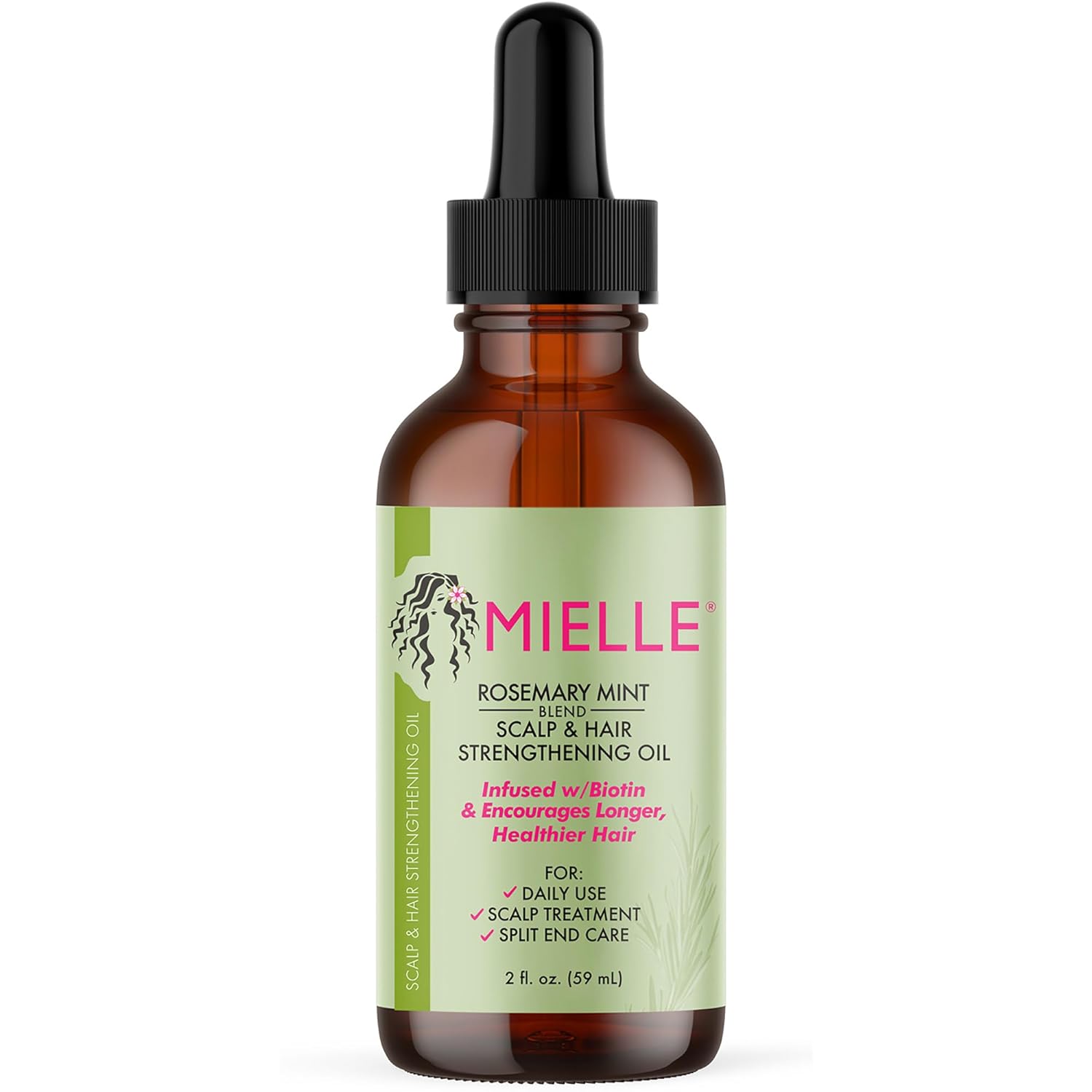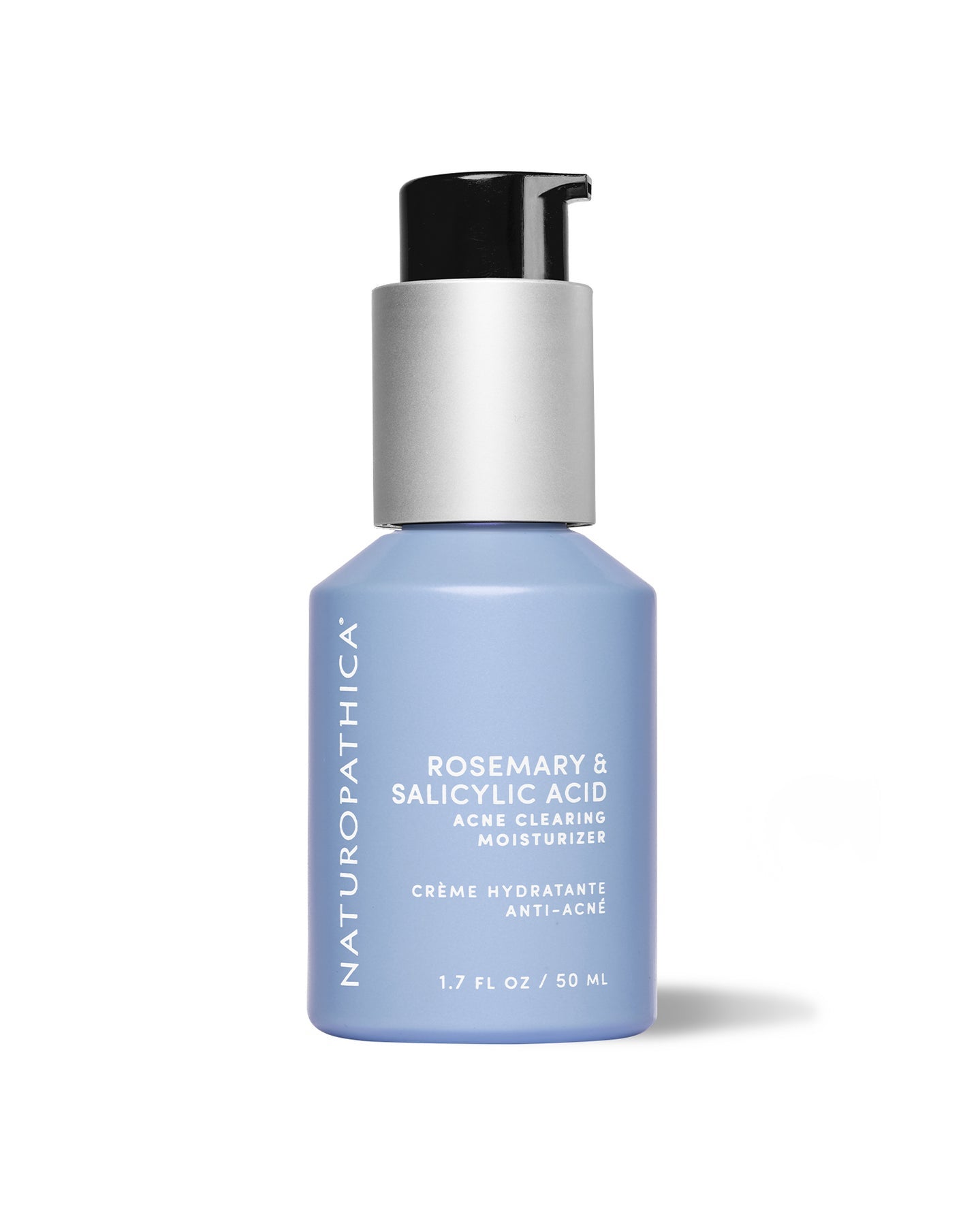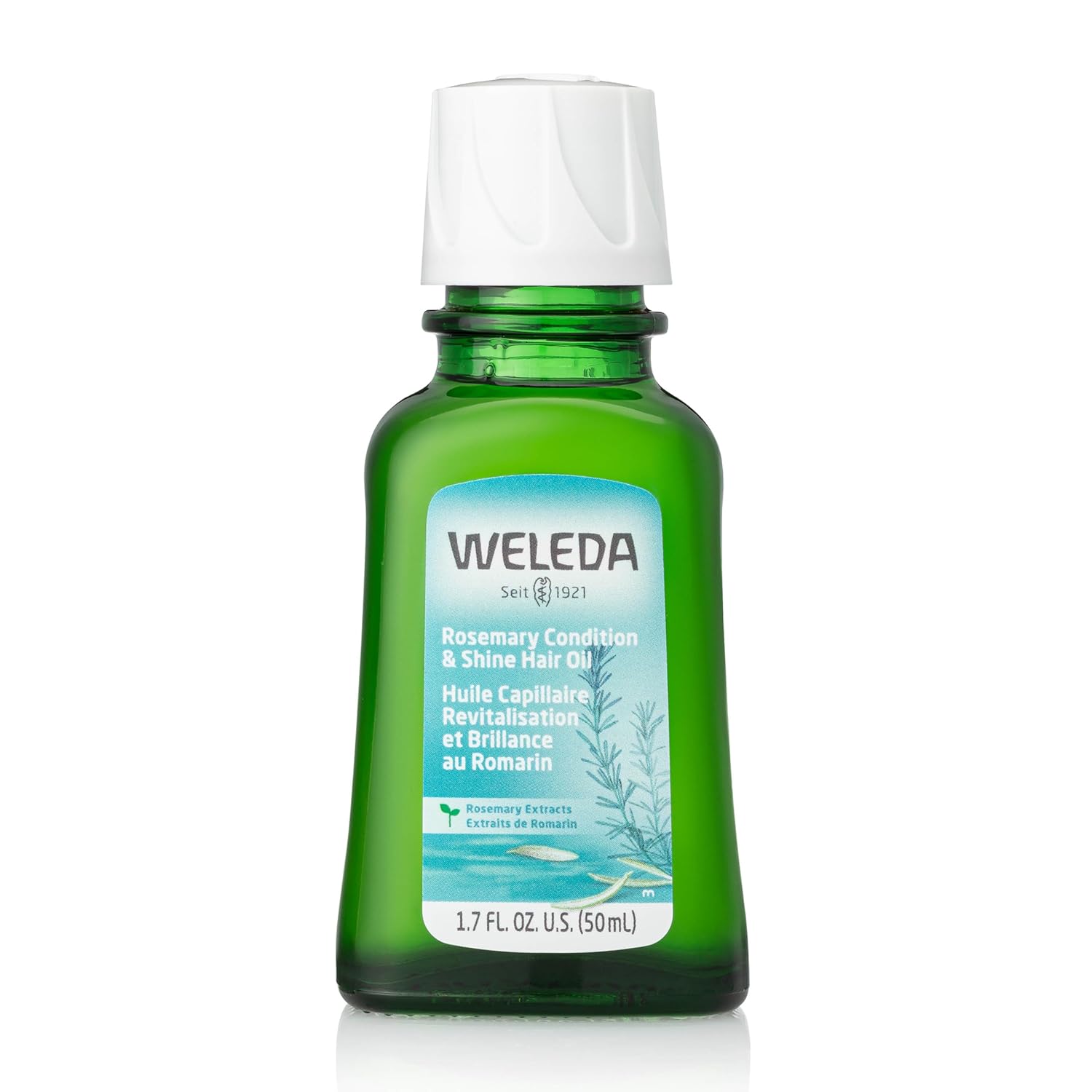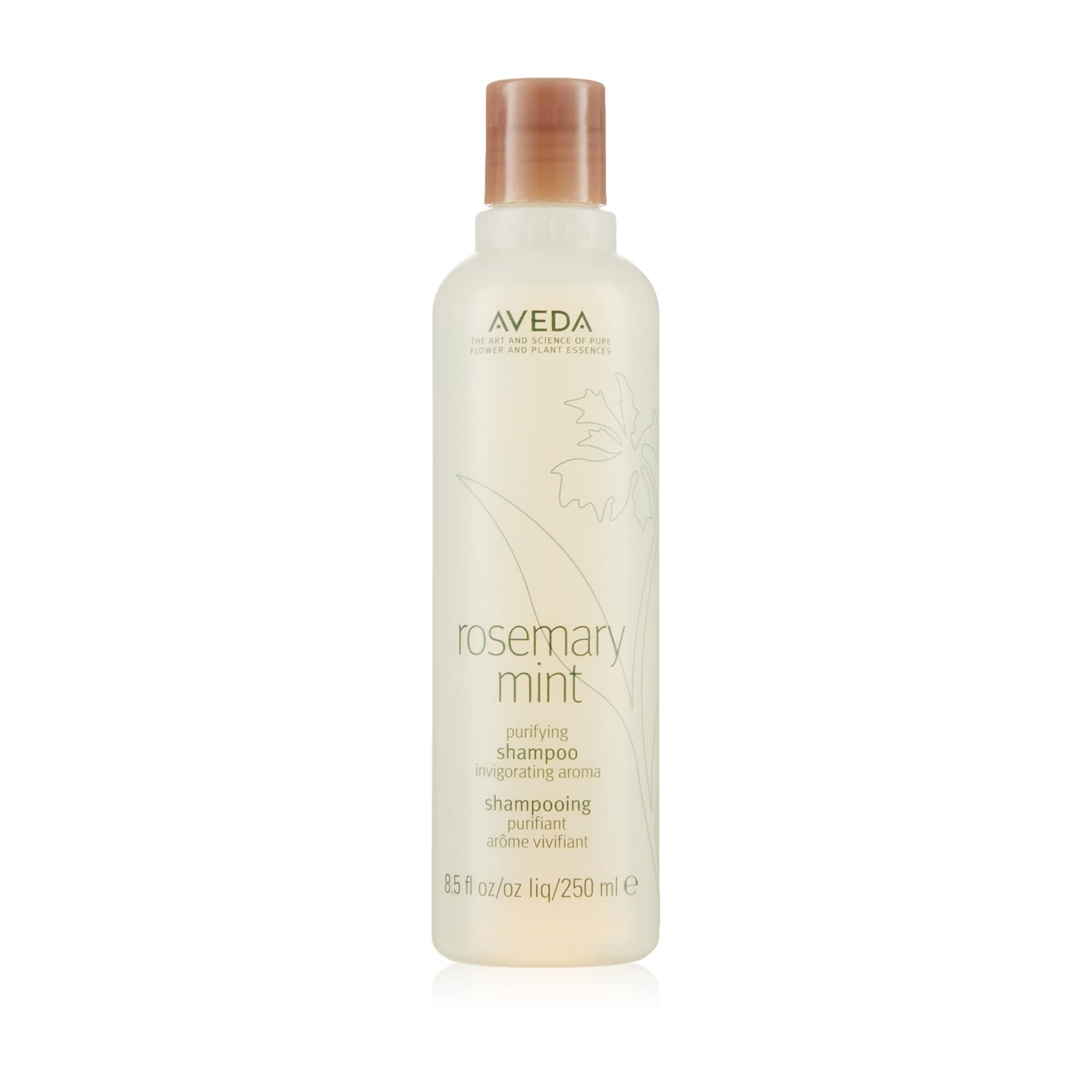
We all know the age-old practice of adding oils to our crown to keep it healthy. But, choosing which oils to use can be overwhelming, especially when beauty trends constantly come and go. That goes for Rosemary oil, too, which has long been around, but re-popularized thanks to brands like Mielle, and it-girl ambassadors such as Megan Thee Stallion.
But, you might be wondering if it’s truly suitable for both hair and skin. Although popular, it’s important to note that it can cause an allergic reaction in some. That said, Dr. Ross Kopelman, a hair transplant surgeon at Kopelman Hair Restoration, and Dr. Ebru Karpuzoglu, an immunologist and founder of AveSeena give us a rundown of everything you need to know before incorporating rosemary oil into your beauty routines.
What is rosemary oil?
“Rosemary Oil contains a rich blend of bioactive compounds, including rosmarinic acid, carnosic acid, and essential oils like camphor, cineole, and borneol,” Dr. Karpuzoglu tells ESSENCE. “These compounds contribute to its wide range of therapeutic properties, making it a staple in both traditional medicine and modern skincare formulations.”
What are the benefits of rosemary oil?
Dr. Kopelman notes that rosemary oil has several benefits for hair health. “It improve blood circulation when applied to the scalp, which can promote hair growth and strengthen hair follicles,” Dr. Kopelman says. “ Additionally, it has anti-inflammatory and antimicrobial properties that can help maintain a healthy scalp environment, potentially reducing dandruff and other scalp issues.”
Is rosemary oil good for all skin types?
While most skin types can benefit from rosemary oil, how it performs on your skin may vary. Dr. Kopelman notes that rosemary oil can cause side effects in some individuals, especially if they use it undiluted. “Potential side effects include skin irritation, redness, or allergic reactions,” Dr. Kopelman says, recommending people perform a patch test before using it extensively. It is also recommended to dilute it properly with a carrier oil to minimize the risk of adverse reactions.
What else should I know?
Rosemary oil has rosmarinic acid that can help calm skin conditions like eczema, acne, and skin allergies. It also has antimicrobial properties for skin healing and cleansing, effectively targeting bacteria that is linked to acne development. Dr. Karpuzoglu also shares that rosemary oil “stimulates circulation, enhancing the delivery of nutrients and oxygen to the skin, promoting a healthier and more radiant complexion.” While rosemary oil can help balance your skin’s natural oils, it also reduces fine lines and wrinkles.
Dr. Karpuzoglu shares that those with oily and acne-prone skin can use rosemary oil to help regulate sebum production and reduce inflammation. For dry skin, she also notes that it enhances circulation and provides hydration. For sensitive skin, people should use it with caution and consider diluting it with a carrier oil to prevent irritation. “The high concentration of active compounds can sometimes cause irritation or allergic reactions in sensitive individuals,” she says.
Best rosemary oil-infused products
01
Mielle Rosemary Mint Scalp & Hair Strengthening Oil

“This product combines rosemary oil with mint and biotin to invigorate the scalp and promote hair growth,” Dr. Kopelman says. “I like it because it provides a refreshing sensation while nourishing the hair and scalp, helping to reduce hair breakage and improve overall hair health.”
Available at amazon.com
02
Aveda Rosemary Mint Body Lotion
03
Weleda Rosemary Hair Oil
04
Naturopathica Rosemary & Salicylic Acid Acne Clearing Moisturizer

“This moisturizer hydrates while helping to treat and prevent breakouts thanks to purifying Rosemary and a maximum-strength Salicylic Acid solution,” Dr. Karpuzoglu says. “It effectively combats acne by reducing inflammation and unclogging pores, making it an excellent choice for those with acne-prone skin.”
Available at naturopathica.com
We independently evaluate all recommended products and services. If you click on the links we provide, we may receive compensation.










